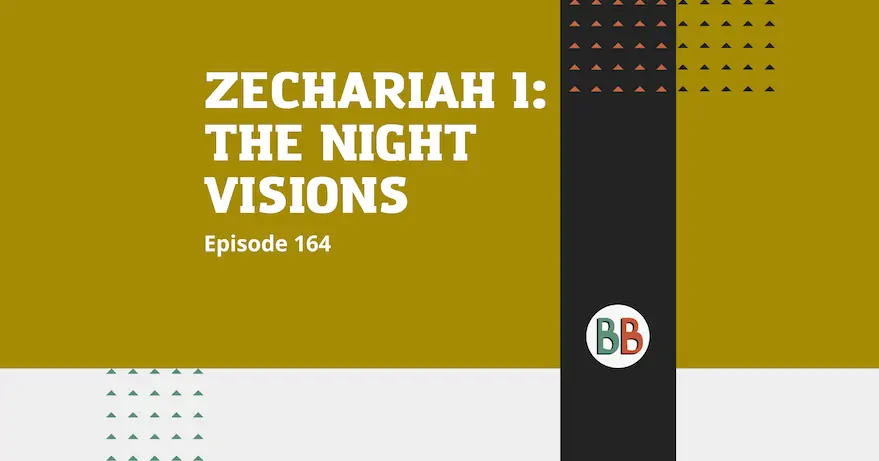
This episode kicks off with a lively discussion about Ryan’s journey into learning Greek and our deep enthusiasm for exploring the Minor Prophets, particularly the book of Zechariah. We set the stage by highlighting Zechariah’s unique position within the post-exilic period, the remarkable specificity of his dated prophecies, and his notable mentions in the book of Ezra. As we embark on this series, we’ll draw insightful connections between Zechariah’s visions and certain passages in the Gospel of John.
Next, we trace the timeline from the Babylonian exile to the Persian conquest, focusing on significant events like Cyrus’s decree and Zerubbabel’s return to Judah. Our conversation uncovers the challenges faced by the returning exiles, from local opposition to political upheavals, and how these events set the historical context for Zechariah’s prophecies. By examining the specific dates mentioned in Zechariah, we provide a richer understanding of his ministry and its impact on the restoration efforts in Jerusalem.
We then explore Zechariah’s early prophecies, starting with his initial prophecy in 520 BC and the night visions in 519 BC. These visions served to motivate the people to rebuild the temple despite political and social distractions, a theme we reflect upon in the context of modern challenges. From the symbolism of the myrtle trees and colored horses to the themes of divine jealousy and prophetic reassurance, we unpack the rich theological content in Zechariah’s visions. We conclude with a discussion on the promise of prosperity and God’s intimate relationship with His people, setting the stage for future episodes that promise more insightful theological exploration.
(00:11) Reuniting at Bible Bistro
Ryan and Brian’s Bible Bistro discusses Zechariah’s prophecies, their context in the post-exilic period, and their connections to the Gospel of John.
(08:35) Timeline of Post-Exilic Restoration
Jehoiakim’s release from prison and return to the king’s table symbolize hope for the descendants of David, while Zerubbabel leads a group back to Judah after Cyrus’s decree in 539 BC.
(14:40) Prophecies of Zechariah and Temple Restoration
Zechariah’s early prophecies motivate the rebuilding of the temple amid distractions, with specific dates and historical accuracy.
(20:54) Call to Return
Zechariah’s message emphasizes God’s anger towards disobedience, the call to return to Him, and the importance of listening to His prophets.
(32:18) Vision of the Myrtle Trees
Zechariah’s vision of colored horses and myrtle trees symbolizes God’s protection and stalled mission amidst political upheaval.
(38:30) Divine Jealousy and Prophetic Reassurance
God’s comforting words to Jerusalem and Judah, opposition from Samaritans, and Ezekiel’s prophecy of reunification for all of Israel.
(47:29) Restoration and Promise of Prosperity
God’s intimate relationship with His people, temple as His presence, measuring line for rebuilding, sovereignty and free will, and comparison with Jonah.